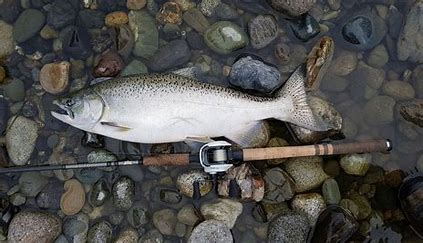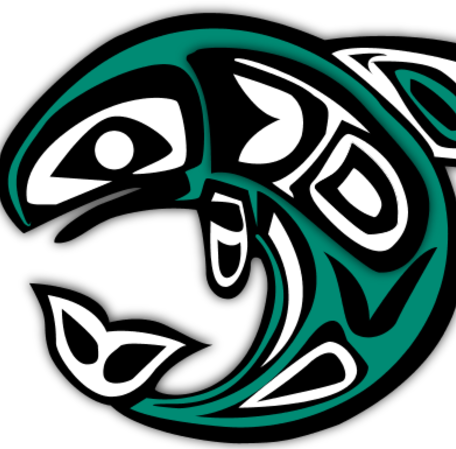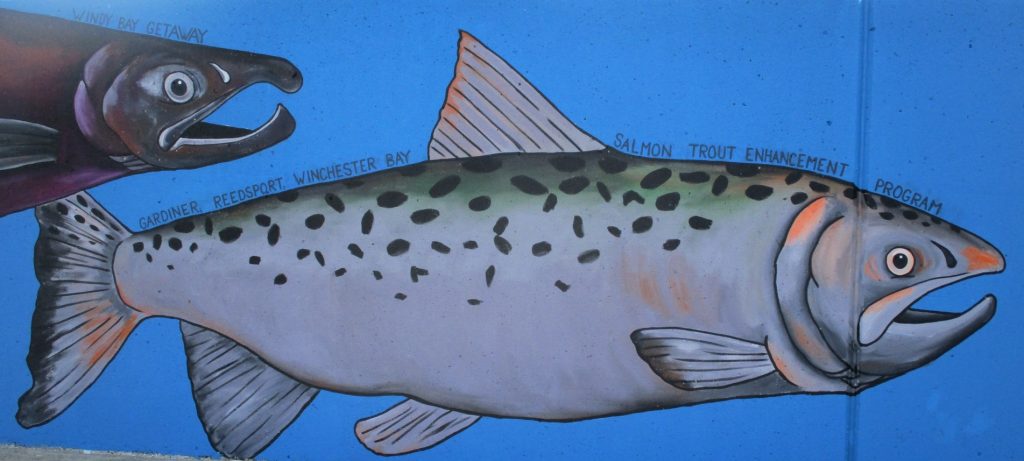2024 … Mainstream and North Fork Umpqua Rivers Closed to Wild Spring Chinook Harvest

Wild spring Chinook harvest prohibited on North and mainstem Umpqua rivers
| https://www.facebook.com/v8.0/plugins/like.php?action=like&app_id=268260476539516&channel=https%3A%2F%2Fstaticxx.facebook.com%2Fx%2Fconnect%2Fxd_arbiter%2F%3Fversion%3D46%23cb%3Df3fac6141571cc4%26domain%3Dwww.dfw.state.or.us%26is_canvas%3Dfalse%26origin%3Dhttps%253A%252F%252Fwww.dfw.state.or.us%252Ff965e1197698c%26relation%3Dparent.parent&container_width=0&href=https%3A%2F%2Fwww.dfw.state.or.us%2Fnews%2F2023%2F12_Dec%2F121923.asp&layout=standard&locale=en_US&sdk=joey&share=true&size=small&width= | https://platform.twitter.com/widgets/tweet_button.2f70fb173b9000da126c79afe2098f02.en.html#dnt=false&id=twitter-widget-0&lang=en&original_referer=https%3A%2F%2Fwww.dfw.state.or.us%2Fnews%2F2023%2F12_Dec%2F121923.asp&size=m&text=Wild%20spring%20Chinook%20harvest%20prohibited%20on%20North%20and%20mainstem%20Umpqua%20rivers&time=1703051502546&type=share&url=https%3A%2F%2Fwww.dfw.state.or.us%2Fnews%2F2023%2F12_Dec%2F121923.asp |
December 19, 2023
ROSEBURG, Ore. – Keeping adult and jack wild spring Chinook salmon on the North and mainstem Umpqua rivers will be prohibited Feb. 1 – June 30, 2024, ODFW announced today. Anglers may still retain hatchery Chinook during that period.
South Umpqua adult wild spring Chinook were historically low in 2023 with just 18 wild adult spring Chinook, while runs in the North Umpqua were also well below average. ODFW is forecasting returns to be low again in 2024. This combination of low returns in 2023 and a low forecast in 2024 is triggering the prohibition of wild spring Chinook harvest.
Concern for Umpqua spring Chinook, as well as other species that rely on in-stream cold water refuge through the summer is ongoing as temperatures in the basin continue to trend upward. Other issues such as access to habitat, degraded habitat, and predation from non-native predators such as smallmouth bass are also contributing to low returns.
“The best way to address these issues and reverse the fortunes of salmon and steelhead in the Umpqua is through targeted habitat and flow restoration to cool our rivers,” said Greg Huchko, District Fish Biologist.
ODFW continues to work with partners (the U.S. Forest Service, Bureau of Land Management, Cow Creek Band of Umpqua Tribe of Indians, watershed councils and NOAA Fisheries) to share information and address habitat and passage issues for spring Chinook in the upper South Umpqua River. Landowners interested in participating in restoration to benefit these runs can contact ODFW. In most cases, these projects can be fully funded with state or federal grants.
The wild spring Chinook harvest restrictions follow the conservation sliding scale in the CMP, ODFW’s Coastal Multi-Species Conservation and Management Plan. The sliding scale adjusts wild fish harvest opportunity based on the health of the North and South Umpqua populations.
The CMP was adopted in 2014 by the Oregon Fish and Wildlife Commission. It was developed with help from stakeholder teams within the Umpqua Basin along the Oregon coast.
###
| Contact: | Greg Huchko, 541-464-2177, Greg.F.Huchko@odfw.oregon.gov Evan Leonetti, 541-464-2175, Evan.Leonetti@odfw.oregon.gov |

